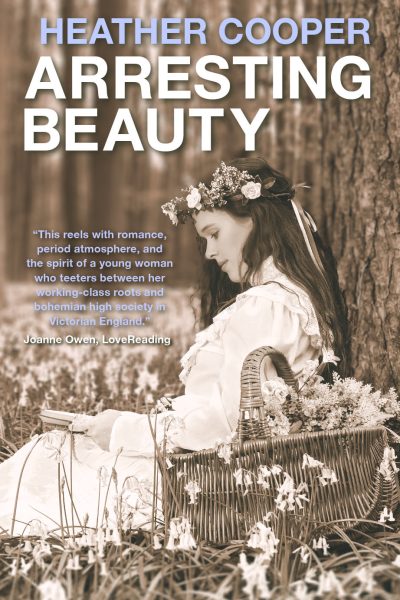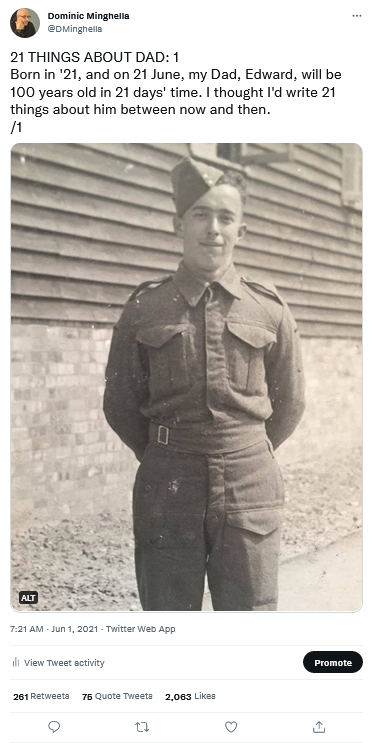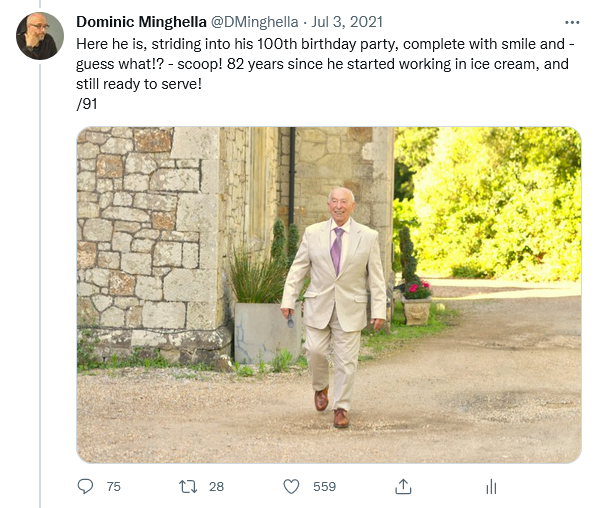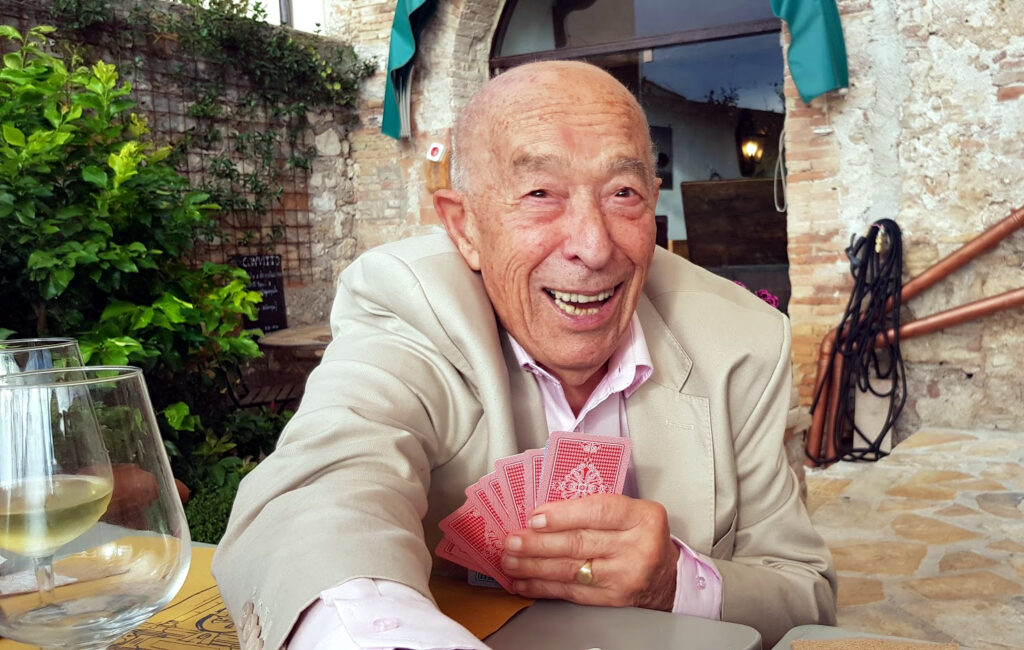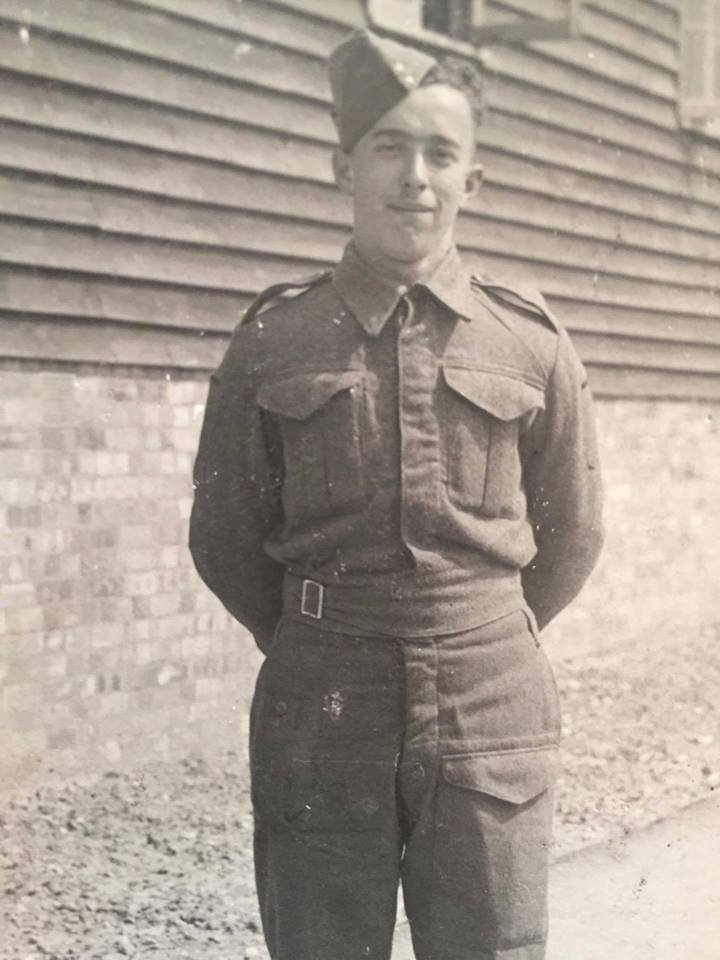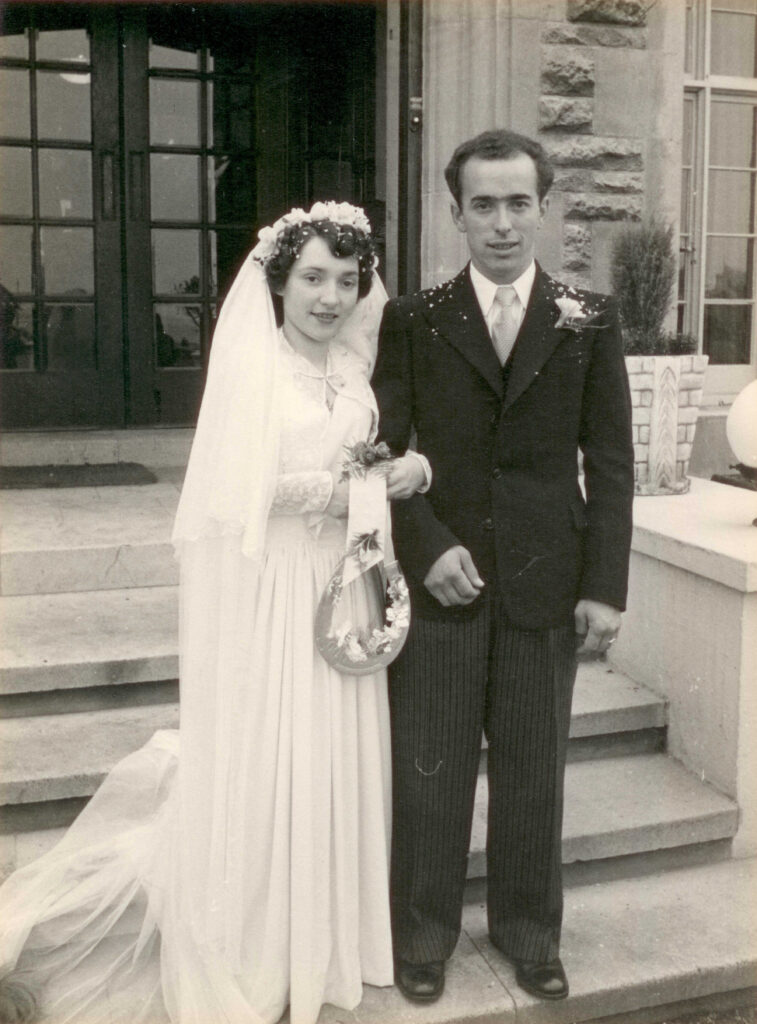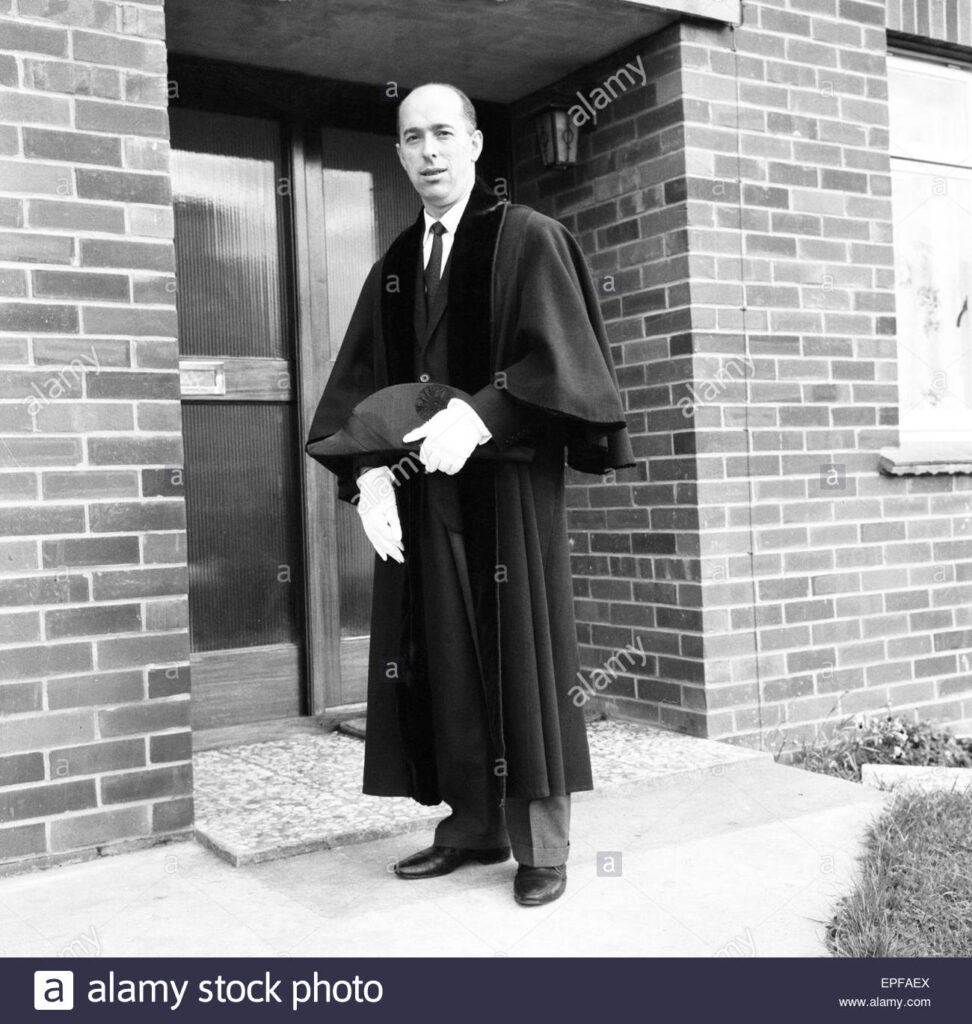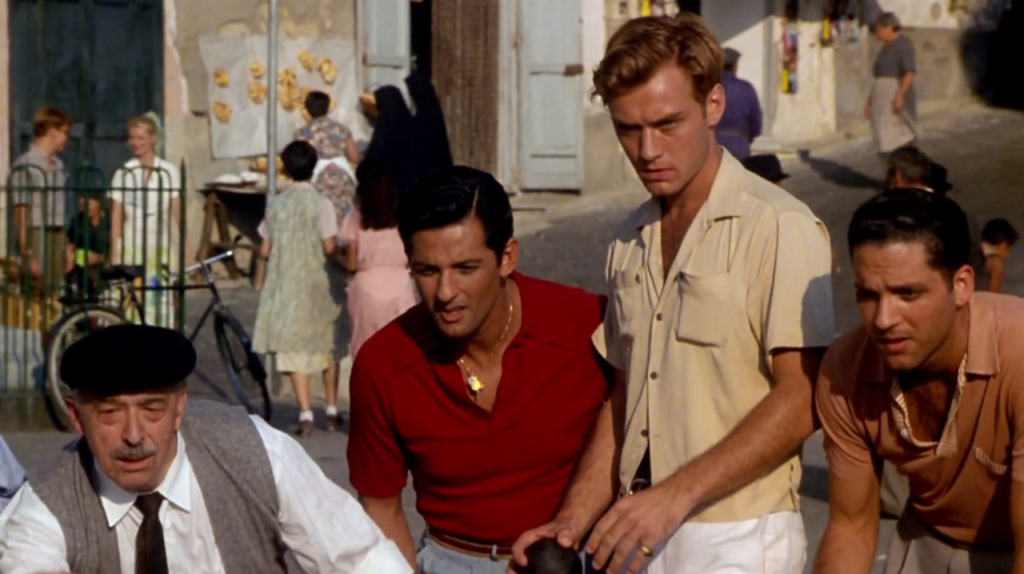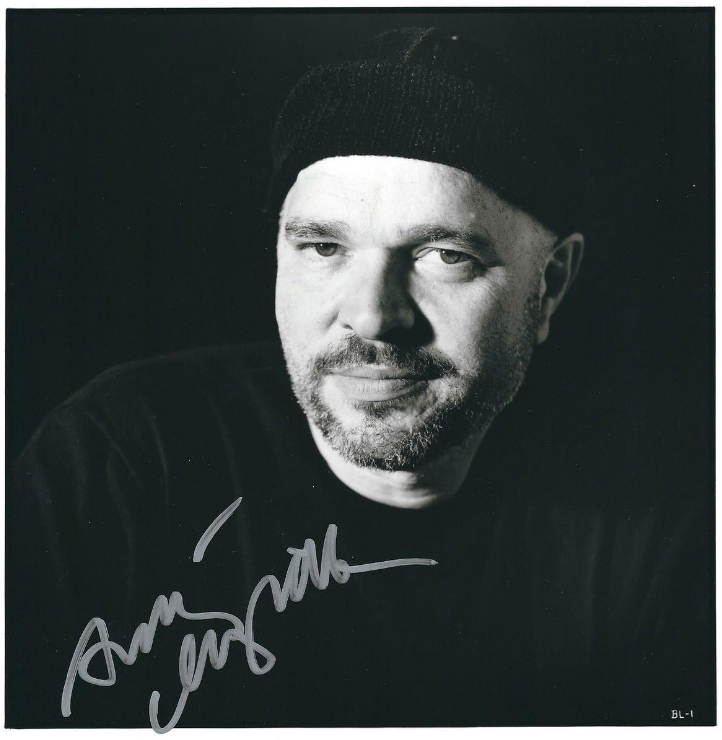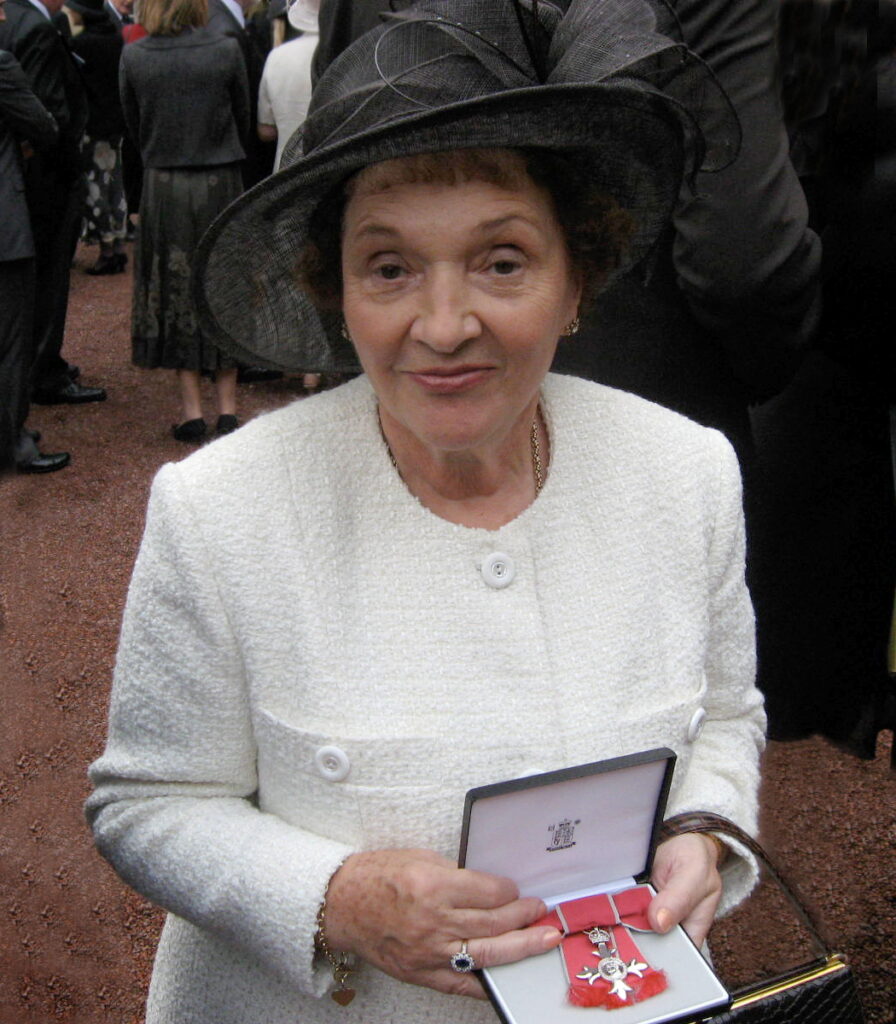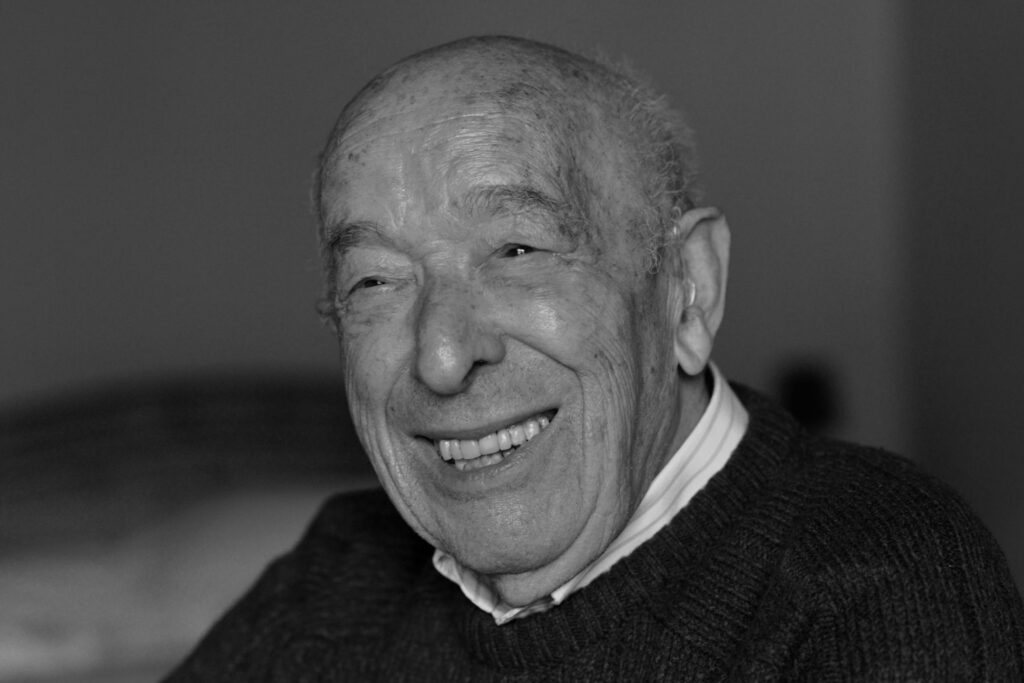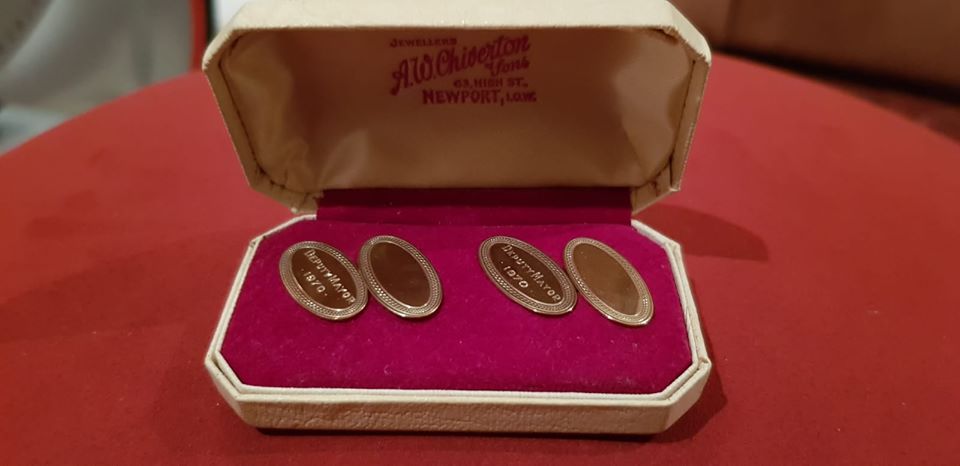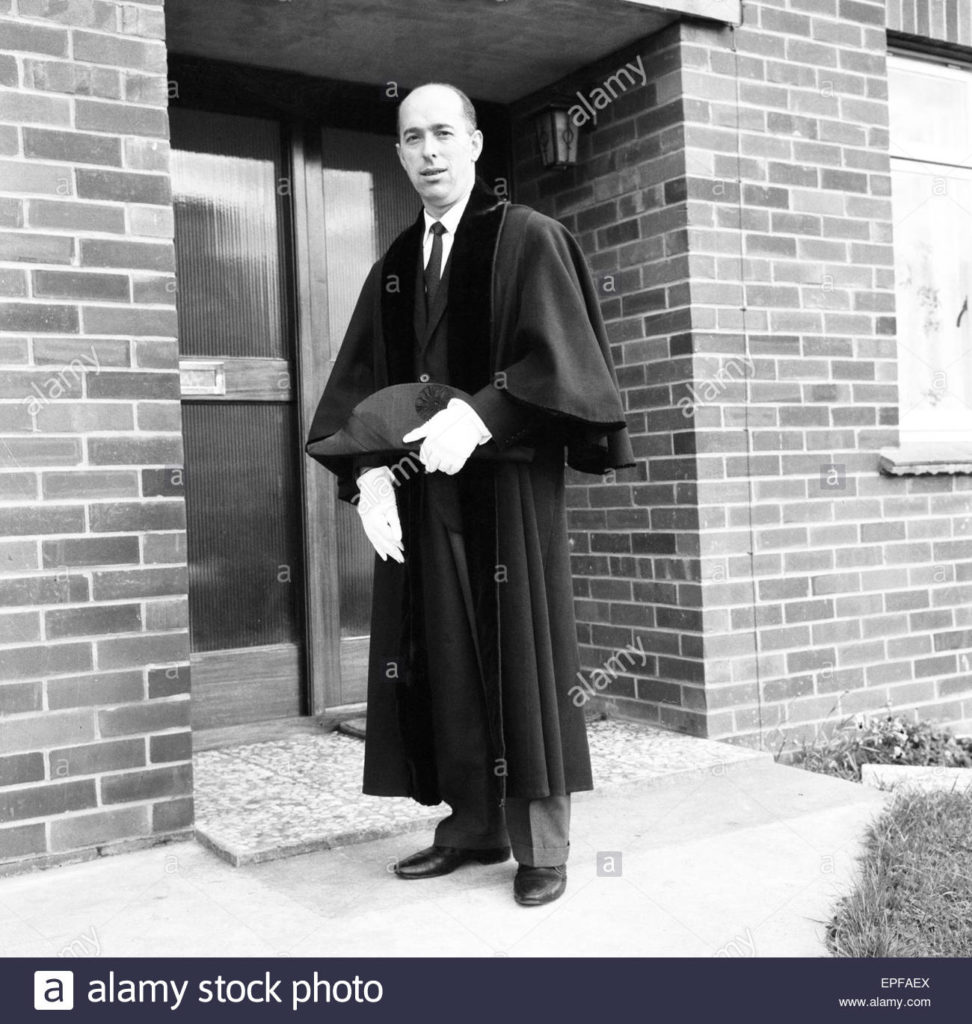My Dad gave me these cuff-links last week.
They’re precious for obvious reasons, but also there’s a little story to them.
As you might be able to see, they commemorate his appointment to Deputy Mayor of the local council in 1970.
As half a century has passed, I hope it’s okay to share the story.
First, a bit of context. Dad was born in Glasgow to a UK-born mother and Italian-born father. They moved to Paris for work, but his father died when Dad was just six. His mother, in desperation, took the children to Italy and Dad had the rest of his youth there. But, such was their poverty, he had to work in the fields – shepherding buffalo! – to help support the family, and he was allowed only one year of schooling.
He returned to the UK just before the War, and served in the RAMC. That’s another, amazing story. Not least because, after so much time out of the country, he spoke no English.
After the War, he settled on the Isle of Wight with my Mum, Gloria. Together they set about running their businesses in the High Street in Ryde, a seven-day a week affair, and when they weren’t working, they were serving (as independents) on the council, on committees, as school governors, and on countless charities.
They were forever conscious of their Italian roots, and name. Mum, born in Leeds, had hardly even visited Italy, but no matter. To be foreign, and so conspicuously so, on the Isle of Wight, was quite a thing. Dad’s accent was, and remains, quite strong. So their energy was thrown into integration. More than that, they were pillars of their community. The term could have been invented for them. They gave and gave and gave.
Sometimes us kids were resentful. We wanted their attention. But it seemed always to be focused elsewhere – on some constituent’s planning application, or a troubled soul’s housing problem. The back kitchen of our cafe was an informal ‘surgery’, and everyone else’s problems appeared to matter more than ours.
Sometimes there was a bit of racism. We were called names. We were referred to as “the Ming-gellies” even though our name ended in an A, not an I. There was worse, but let’s let bygones be bygones. At the same time, we had become well-known and highly respected. By the time my Mum became the Mayor in 1980, and a JP and a DL and was awarded an MBE, etc, it seemed pretty normal. We were still Italian, but we were fully part of the community. (When Mum died in 2014, some of the tributes to her called her the “Queen Mum of the Isle of Wight”. If there is a heaven, she’d have been glowing with pride. She loved the royals. And she loved the Isle of Wight. She even wore a gold chain with a model of the Island for the last many years of her life.)
All of which is to try to communicate what must have been a concerted, determined, exhausting effort to integrate. To overcome their foreignness, to win hearts and minds through decades of service, commitment, and extraordinary warmth. To overcome, too, their lack of education. Dad with his single year, and Mum who, for similar reasons of poverty and absence of father, had left school at fourteen.
But I’ve gone past the story of the cuff-links. It’s only a small thing. In that time, 1970, civic office was bound up with the Masons. When my Dad was elected Deputy Mayor, it was quietly suggested to him that he might like to join the Masons. He politely declined. “But,” they said, “next year you’ll be the Mayor, and the Mayor is always a Mason.” My Dad politely declined. Then he realised what they were saying. If he didn’t become a Mason, he wouldn’t become Mayor. He had to choose.
He never became the Mayor.
I love my Dad, you may be able to tell. He wanted so badly to be a community leader. But he wanted his principles more.
Things changed. My Mum became Mayor with no need for compromise. More recently, Dad was made a Freeman of Ryde. A small honour, you might think, for someone who gave decades of service to the Island’s councils, business associations, charities and schools. It confers only the right to drove sheep up the High Street – which I guess would take Dad full-circle back to his shepherding days in rural Italy!
But somehow it means so much. It shows that there is a collective memory of, and gratitude for, his contribution, even though – at 98 and counting – most of his contemporaries have long since passed away.
Bravo, Dad. And thank you for the cuff-links. When I am tempted to take the easy path, the wrong path, I’ll open up this little box, and remember, and, I hope, think again.
